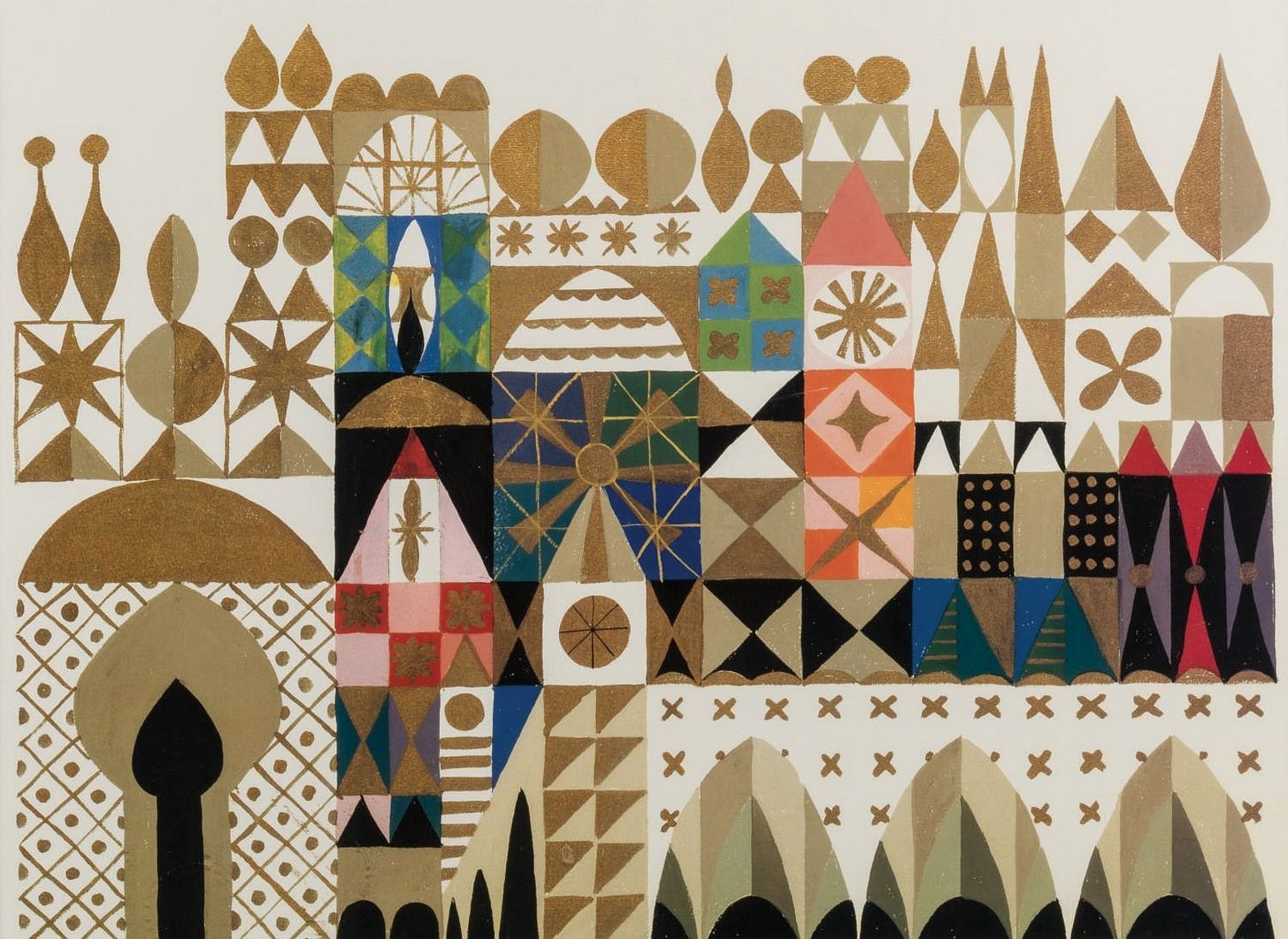Music Unties
Classical musicians continue to insist that art has nothing to do with politics.
Last week, Verona’s Teatro Filarmonico removed bass Ildar Abdrazakov from its upcoming production of Don Giovanni after outcry from the cultural organization Liberi Oltre le Illusioni — outcry further amplified by Alexei Navalny’s Anti-Corruption Foundation.
A few hours later, a few hundred miles away in Paris, the concert hall of the Philharmonie de Paris filled with smoke and shouting as demonstrators interrupted an Israel Philharmonic Orchestra concert, led by Lahav Shani and featuring pianist András Schiff. Video from the concert shows one activist holding a lit flare in the audience — a visible outcome after similar outcry and attempts to cancel the concert went unmet. One statement from the French performing-arts union CGT Spectacle said the concert “cannot take place without reminding the public that the leading representatives of the Israeli state are currently accused of crimes against humanity.” Four demonstrators were arrested.
…



